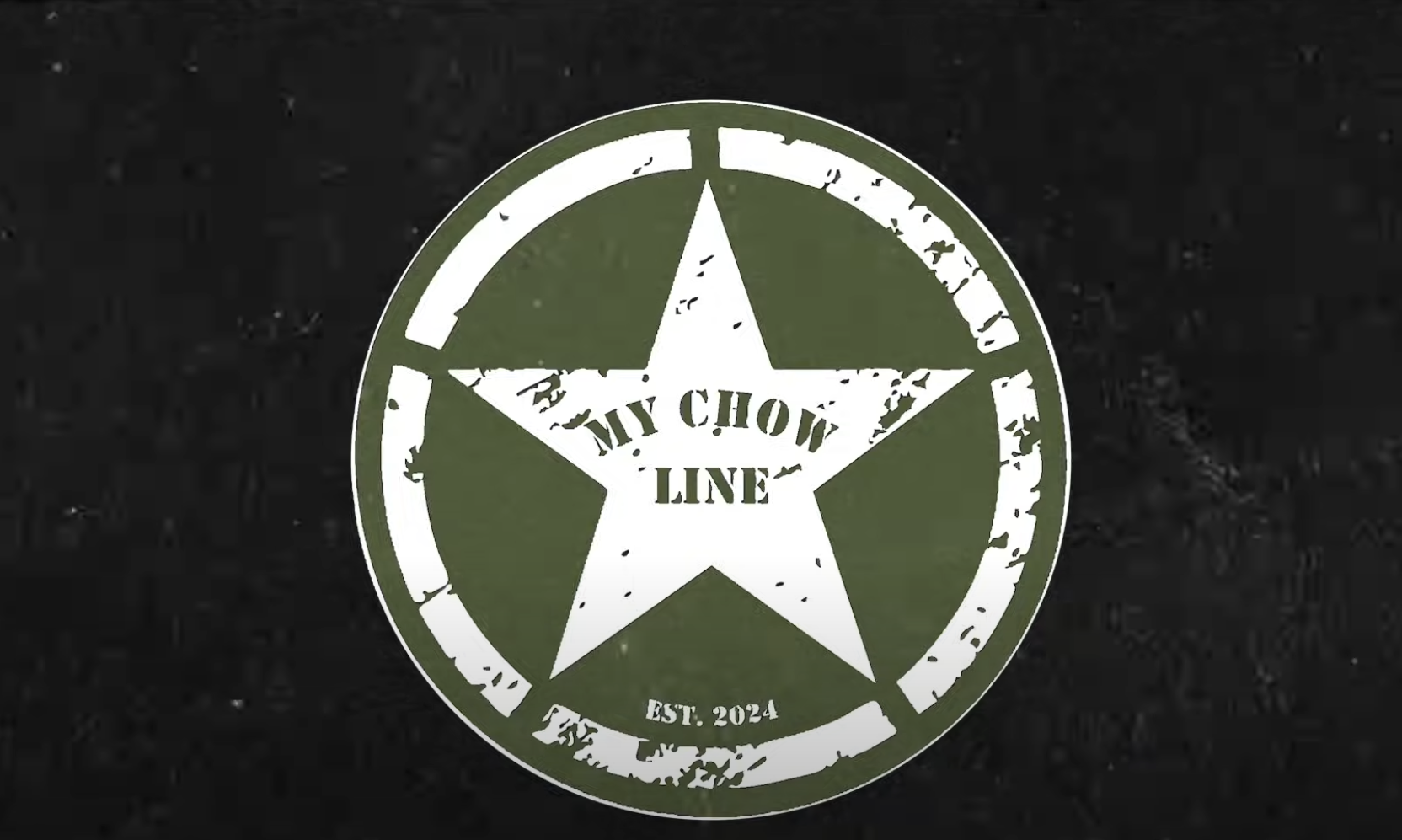
Elizabeth H. Samet has been an English professor at the United States Military Academy since 1997. As a professor, particularly one of English, it is not unusual for her to publish books. What is unusual is the topics she chooses to write about, especially since she is a professor at a military academy whose faculty salary is paid for by taxpayer dollars and whose students graduate to serve as Army officers.
In 2021, she published Looking for the Good War. American Amnesia and the Violent Pursuit of Happiness. Colleges are intended to be institutions for critical thinking. Her topic is the ethics of war. However, this is where she becomes inappropriate given her academic location and position. She questions whether the ‘Greatest Generation’ that served in the US military and won World War 2 is worthy of that title. Her intention may have been productive, perhaps to postulate that US victory in World War 2 tainted the US foreign policy of the late 20th century and led to many blunders. However, this is not at all how the book progresses.
Samet begins by challenging American exceptionalism, a favorite pastime for leftist academicians. Then she goes on to paint the picture that Americans at home during World War 2 were dominated by fascist sympathizing, anti-war mobs who did not support their country nor its soldiers in the war. She describes the servicemembers fighting World War 2 as members of a racist, selfish, “Jim Crow Army.”
“Cultural presumptions and prejudices, some bolstered by law and regulation, reinforcing the masculine bonds of white units, included widely held convictions about the inferior courage and intelligence of African Americans, the disloyalty of Japanese American, and the rightful subordination of women of all races to the needs of men. In chapter 4, I will explore the ways in which racial and other divides fractured the sense of unity we project onto the period.”
“Jim Crow survived the war and racism was still thriving as late as the Vietnam War.”
“The most potent and highly polished version of the World War II myth, which crystallized in the celebration of the Greatest Generation in the late 1990s, arose during and in the aftermath of the war’s fiftieth anniversary commemorations. Its emphasis on a set of superior national virtues – generosity, decency, love of freedom – concealed a fundamental chauvinism. Its chief evangelists were the historian Stephen Ambrose, the journalist Tom Brokaw, and in certain respects, the filmmaker Steven Spielberg.”
The second half of the book is a diatribe on racism in the US military and US history, rehashing nearly every famous instance of racism in America. On top of all of this, she expends considerable energy trashing politicians, specifically Republicans. She has a special venom reserved for Trump, attacking him by name throughout the entire book. One example of her charming depiction of Trump follows:
“As early as 1946, George Orwell pointed out that the word fascism had lost its specificity and had become a term that could be indiscriminately applied to any enemy. At the beginning of the twenty-first century, history offered no more useful word for an administration facing increasing opposition to its seemingly unending military campaigns. Trump, whose foreign policy seemed to be guided by anachronistic isolationism combined with good measures of caprice, greed, and contempt.”
Not content to just attack veterans, Samet also mocks families and fellow countrymen of the servicemembers. She describes the “empty profusion” of yellow ribbons, lapel pin US flags, and NFL commercials supporting the troops. Throughout the book, she cherry picks negative facts to dishonor the US military that sacrificed over 400,000 of its members in WW2. Worse, she completely ignores the context of history, omits discussion of sacrifices/heroism of servicemembers abroad and Americans at home, ignores actions of every other belligerent in WW2, and ensures her insults avoid politicians from her target audience – the far left. Contextual discussions of race are one thing. Using absolute moralism to judge warriors throughout history on their DEI score is disrespectful, ignorant, and juvenile.
This book received well-deserved stylistic criticism for her over-reliance on Shakespearean plays for analogies and her obsession with grade B movies after World War 2 that prove boring to read. The book, though, has several other far more troubling faults. The book has no disclaimer separating the ideas from her place of employment. In her book and in her prolific journal publications, she identifies herself as a professor at West Point. This is troubling as its absence, and West Point’s silence on her book’s contents, begs the question – does West Point’s leadership agree with her? Will LTG Gilland next direct the removal of World War 2 monuments at West Point as being racist “Jim Crow” memorials?
LTG Gilland is undoubtedly busy and, further, should have some trust in his educators to ‘do the right thing.’ His faculty is prolific in publishing papers and books and he couldn’t possibly have the time to read even a fraction of them. However, in this instance, it would behoove him to read this volatile book. A book with such conclusions, political advocacy, and virulent language thrown at a specific political party surely should not be allowed to stand unchallenged and its author given a free pass.
Elizabeth Samet is clearly a left-wing political activist and is using her position at a prestigious government institution to catapult herself to fame. Worse, she appears to be predictably expanding the scope of historical revisionism from just the Civil War to all white males who served in all of our wars. This defies fitness for duty as a professor at West Point. Her retention on staff indicates the new leadership of West Point condones such faculty behavior. Perhaps USMA even agrees with her conclusion to begin ruining the reputation of the ‘Greatest Generation’ as the last of its members pass from this Earth, having sacrificed so much to guarantee freedom for the world.
LTG Gilland – please ‘do the right thing’ and fire Elizabeth Samet.
John Hughes, MD
USMA Class of 1996
Veteran of OIF/OEF
Co-chair of www.americanism24.org a registered SUPERPAC

























Women should NOT be in leadership roles in the military EVER!!!!
Supporting roles only!!!!!!!
She is broken. Unfixable. Not who should be teaching warriors.
Agreed, she should be fired.
I pray her attempt at demoralizing our beloved military falls on deaf ears. What an insensitive, hurtful, ungrateful citizen,-she does not deserve to be teaching anyone.
Perhaps she should try living in China, and writing demoralizing material for their military. How does a professor uphold Duty, Honor, Country, when she has no true belief those principles exist?
Disgraceful.